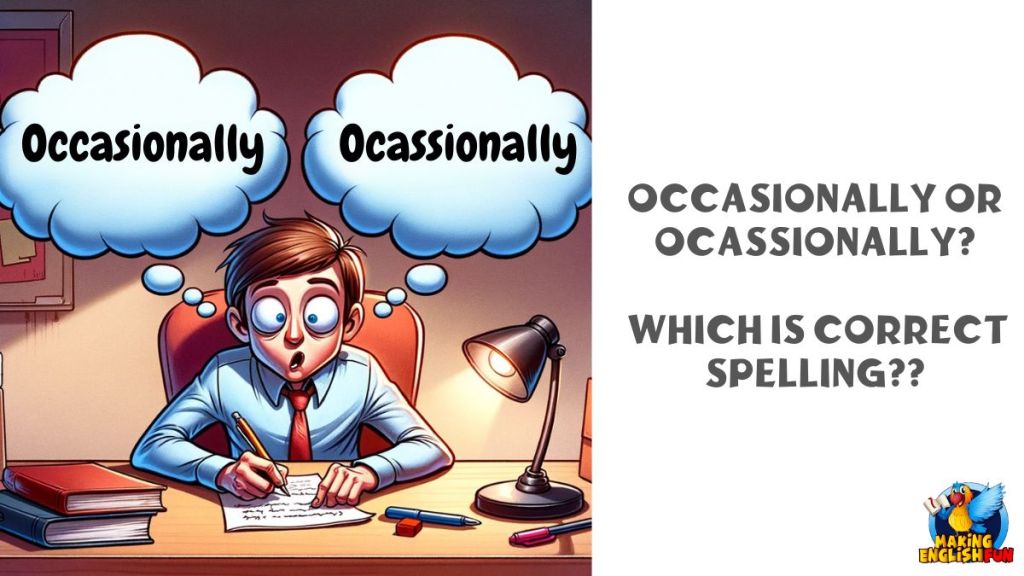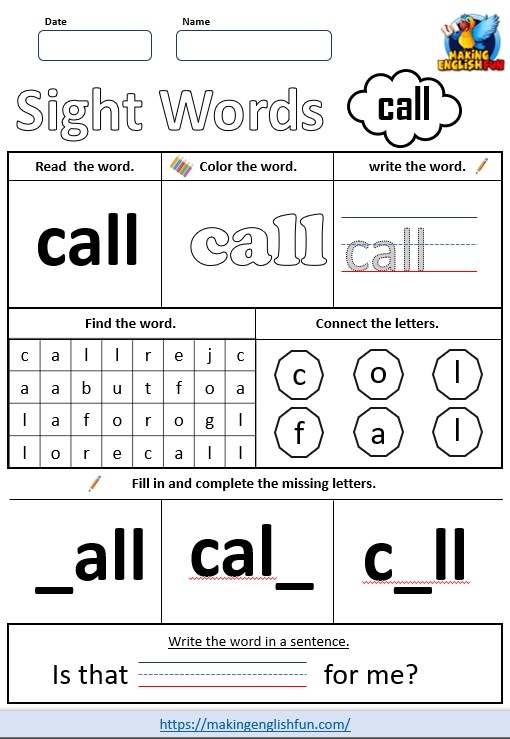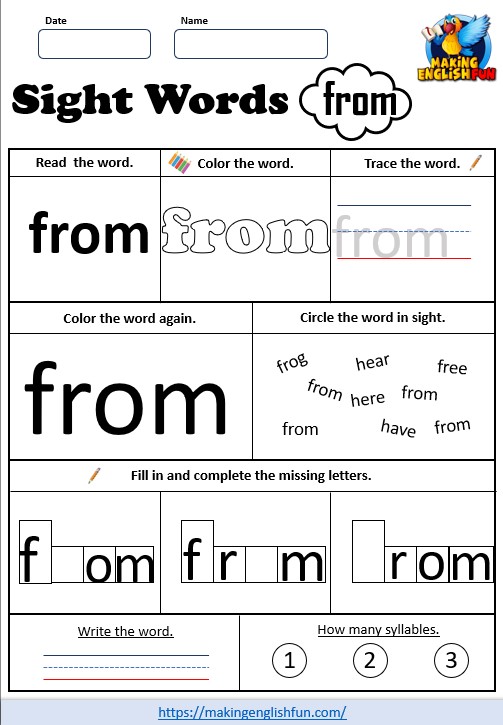Occasionally or Ocassionally? Which Is Correct Spelling?
One common stumbling block in English spelling is differentiating between “occasionally” and “ocassionally.”
This confusion is understandable, given the subtle difference in spelling. Our goal in this article is to clarify this doubt, ensuring you feel confident in using and spelling this word correctly.
As you delve into the nuances of English spelling, remember that each word has its own story and logic.

Correct Spelling and Definition
The correct spelling is “occasionally,” with two ‘c’s and one ‘s’. “Occasionally” means from time to time; not regularly or constantly.
For example,
“I occasionally go for a walk in the park,” suggests that the activity happens sporadically rather than as part of a routine.
Understanding the parts of speech can also be helpful. “Occasionally” is an adverb, modifying verbs, adjectives, or other adverbs, indicating how frequently an action or event occurs.
Common Spelling Error: Ocassionally
So why do many spell it “ocassionally”?
This common mistake likely arises from the way we pronounce the word, where the double ‘c’ might not be clearly pronounced, leading some to miss the second ‘c’ in their spelling.
Remember, in English, pronunciation and spelling don’t always align perfectly, which is why double-checking spellings is a good habit.
Etymology and Historical Development
The word “occasionally” comes from the Latin word “occasio,” which means “opportunity” or “suitable time.”
It entered English through the French language. The double ‘c’ in “occasionally” is a remnant of its Latin origin, where ‘cc’ often appears before the vowels ‘i’ or ‘e’ to indicate a softened sound.
This historical context underscores the importance of spelling it with two ‘c’s — a nod to its etymological roots.
Usage in Different Contexts
“Occasionally” is versatile and can be used in various contexts.
- For instance, in a sentence like “She occasionally visits her hometown,” it modifies the verb ‘visits,’ suggesting that the action happens sporadically.
- In a different context, you might say, “The actor is occasionally seen in the city’s cafes,” where “occasionally” modifies the verb phrase ‘is seen,’ again indicating an irregular frequency.
Understanding how “occasionally” functions in a sentence helps not only in using it correctly but also in grasping the rhythm and flow of English sentence structure.
Comparison with Other Common Spelling Confusions
Just like “occasionally,” there are other words in English that often get misspelled due to the confusion over double letters.
For example, “necessary” is frequently misspelled as “neccessary,” and “embarrassed” as “embarassed.”
Here’s a comparison table:
| Correct Spelling | Common Incorrect Spelling |
|---|---|
| Occasionally | Ocassionally |
| Necessary | Neccessary |
| Embarrassed | Embarassed |
This table not only clarifies correct spellings but also serves as a reminder of how easy it is to get tripped up by double letters in English.
Tips for Remembering the Correct Spelling
A handy way to remember the correct spelling of “occasionally” is to focus on the word “occasion” which forms its base.
“Occasion” has two ‘c’s, and when you add the adverbial suffix “-ally,” the spelling remains the same.
You might also associate the double ‘c’ in “occasionally” with the idea of ‘consistency,’ as the occurrence is consistent but not frequent.
Beyond mnemonic devices, writing the word repeatedly and using it in different sentences can solidify your understanding.
In the digital age, where autocorrect sometimes takes over, making a conscious effort to remember spellings can greatly improve your written English.
Conclusion
To wrap up, it’s “occasionally” with two ‘c’s and one ‘s’ that correctly captures the essence of something happening now and then.
Grasping the spelling and usage of such words not only enhances your communication skills but also deepens your understanding of English language.
FAQs or Reader Questions
Q1: What are some other adverbs that are commonly misspelled?
A1: Commonly misspelled adverbs include “definitely” (often spelled as “definately”) and “separately” (miswritten as “seperately”).
Q2: Why do some words in English have double letters?
A2: Double letters in English can indicate a specific pronunciation, like a shorter vowel sound. They can also be remnants from a word’s origin, as many English words borrow from other languages that use double letters.
Q3: How can learning word origins help with spelling?
A3: Understanding a word’s origin can reveal why it’s spelled a certain way, making it easier to remember. For instance, knowing that “occasionally” comes from Latin can help recall its double ‘c’ spelling.
Q4: Are there any online tools that can help with learning spellings?
A4: Yes, there are numerous online spelling quizzes, games, and apps designed to help with learning spellings. These tools make learning interactive and fun.
Q5: How important is correct spelling in everyday communication?
A5: While minor spelling errors are often overlooked in casual communication, correct spelling is crucial for clarity and professionalism, especially in formal or academic contexts.







